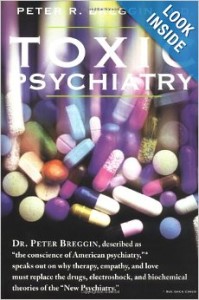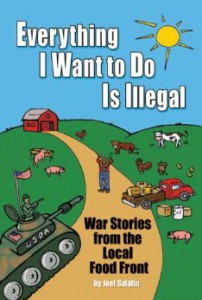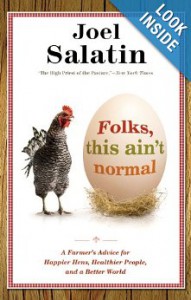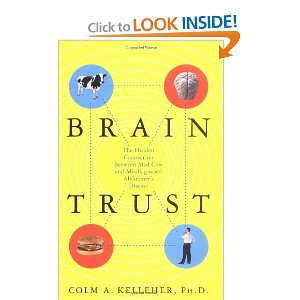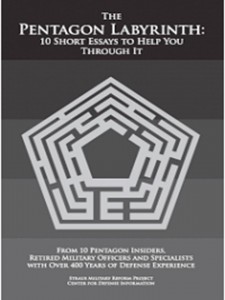
These are listed in order of their most recent publication rather than their original publication dates as Amazon has never understood the value of including first edition dates. Dave Buck merits huge appreciation for having instigated a movement to place many of Buckminster Fuller's works back into a visible platform such as Amazon provides….and reasonably priced as well — each of these is a public treasure. We have added, below the line, books related to Buckminster Fuller, by others. We strongly recommend use of the reviews before making any purchase.
2010 DVD The World of Buckminster Fuller (Microcinema)
2009 Education Automation: Comprehensive Learning for Emergent Humanity (Lars Muller Publishers)
2008 Grunch of Giants (Design Science Press)
2008 Operating Manual for Spaceship Earth (Lars Muller Publishers)
2008 Utopia or Oblivion: The Prospects for Humanity (Lars Muller Publishers)
2005 DVD Buckminster Fuller: The Lost Interviews (UFO TV)
2004 Guinea Pig B: The 56 Year Experiment (Critical Pathpub)
2004 AUDIO Only Integrity Is Going To Count (Critical Pathpub)
2002 Critical Path 2nd Revised Edition (Saint Martin’s Griffin)
1992 MAP Fuller Projection Dymaxion Air-ocean World (Buckminster Fuller Institute)
1992 Cosmography: A Posthumous Scenario for the Future of Humanity (Macmillan)
1990 DVD Basic Bucky: R. Buckminster Fuller (Masters & Masterworks)


